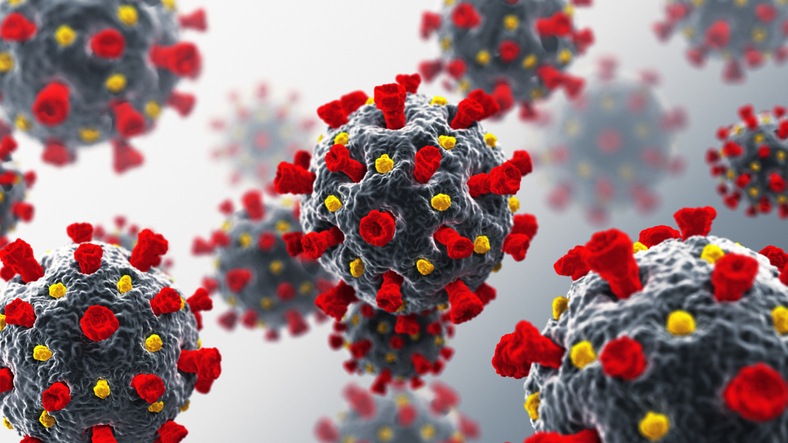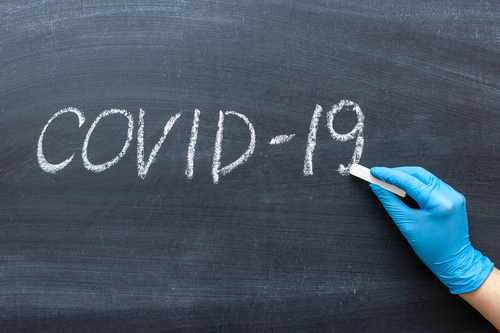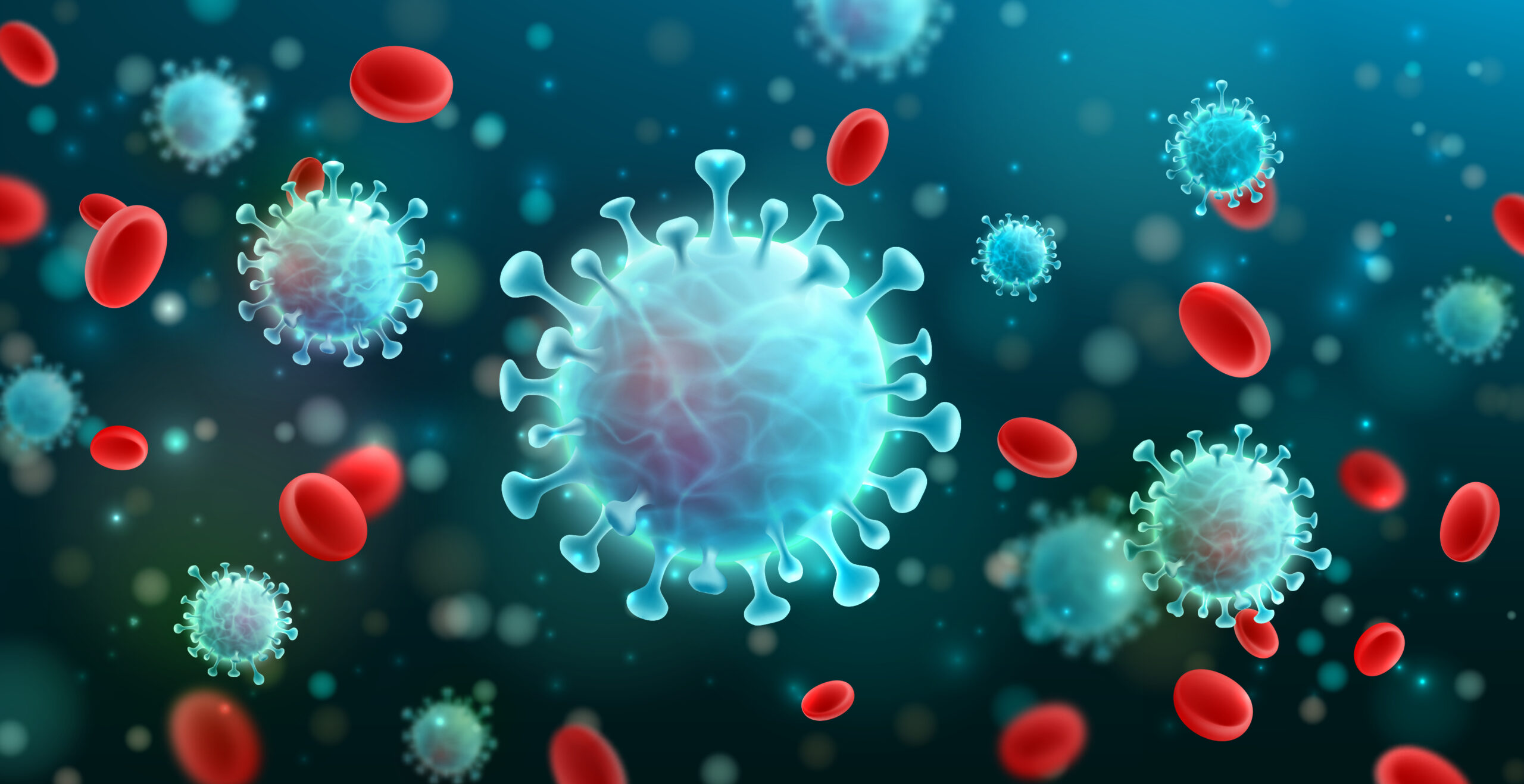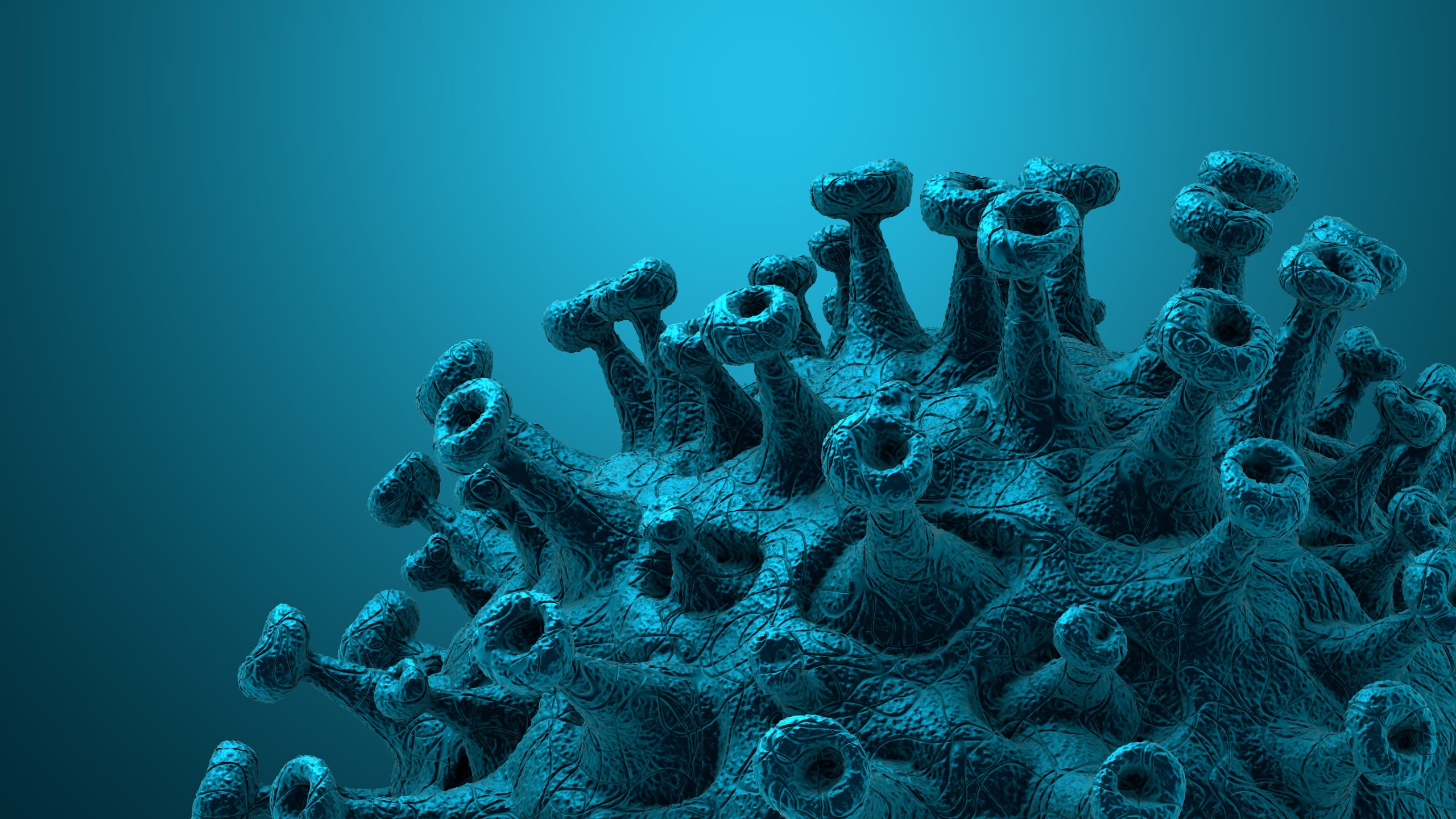
Kidney transplant recipients are at increased risk of severe disease and death related to COVID-19. There are few data available on the evolution of graft function among kidney transplant recipients hospitalized with COVID-19 who survive the infection.
Gina Defelice, MD, and colleagues conducted a study among adult kidney transplant recipients at a single transplant center who were diagnosed with COVID-19 and hospitalized between March 5, 2020, and January 15, 2021. Results were reported in Cureus [doi:10.7759.cureus.31375].
The analysis included patient demographics, comorbid risk factors, and inpatient clinical courses for patients who recovered from the infection. Kidney function was measured preinfection, during the initial hospitalization, and up to 12 months postinfection.
During the study period, 48 kidney transplant recipients were diagnosed with COVID-19 infection. Of those, 18 required hospitalization for symptoms of fever and respiratory distress. Four of the 18 patients died from complications related to COVID-19.
Of the 14 remaining patients, 85.7% were Black, and median time from transplant was 4 years. Of the analysis cohort, 64.3% developed acute kidney injury (AKI), with an average peak serum creatinine of 2.6 mg/dL and an average glomerular filtration rate (GFR) of 35 mL/min/1.73 m2. Prior to infection, the mean serum creatinine was 2 mg/dL and mean GFR was 44 mL/min1.73 m2, representing an increase in serum creatinine of 34% and a decrease in GFR of 29%.
Mean follow-up postinfection was 14.5 months. At 3 to 6 months postinfection, mean serum creatinine was 1.87 mg/dL and mean GFR was 47 mL/min/1.73 m2. At 9 to 12 months postinfection, the values were 1.89 mg/dL and 48 mL/min/1.73 m2.
Five of the 14 patients developed new onset proteinuria (36%); all had complete resolution at 3 to 6 months of follow-up. Among the patients who developed AKI, 78% had complete recovery at 3 to 6 months of follow-up.
One patient experienced graft loss. That patient had a baseline serum creatinine of 3.8 mg/dL and GFR of 22 mL/min/1.73 m2, existing proteinuria on urinalysis, and a history of biopsy-proven rejection.
“AKI is common among kidney transplant recipients who are hospitalized with COVID-19 infection,” the researchers said. “Most of these recovered, although we noted that patients with baseline lower kidney function and existing proteinuria had a lower recovery rate.”






 © 2025 Mashup Media, LLC, a Formedics Property. All Rights Reserved.
© 2025 Mashup Media, LLC, a Formedics Property. All Rights Reserved.